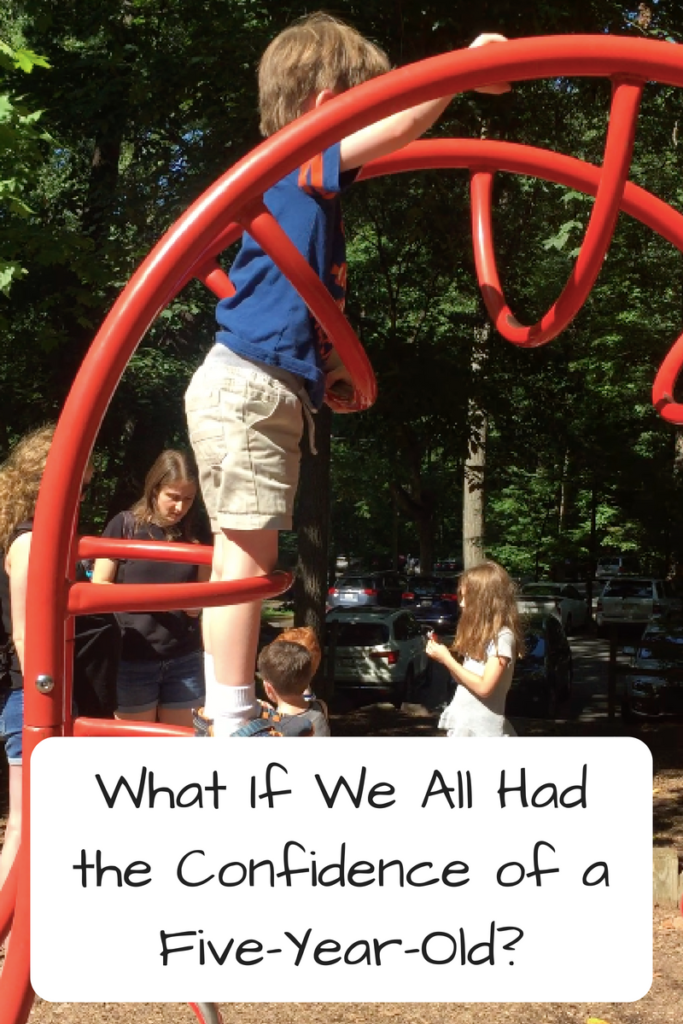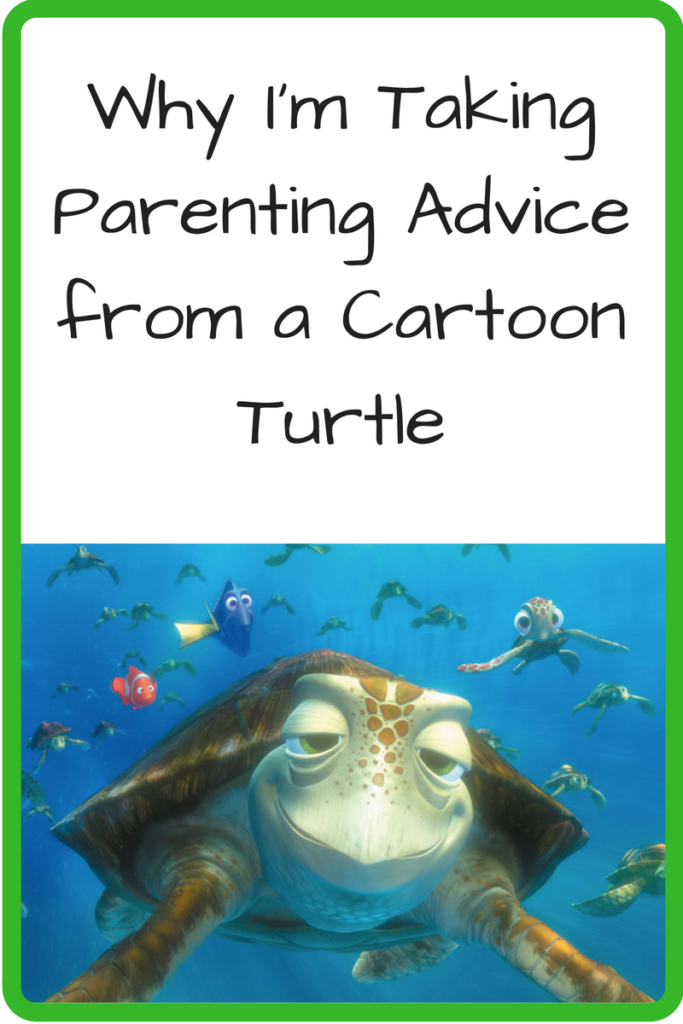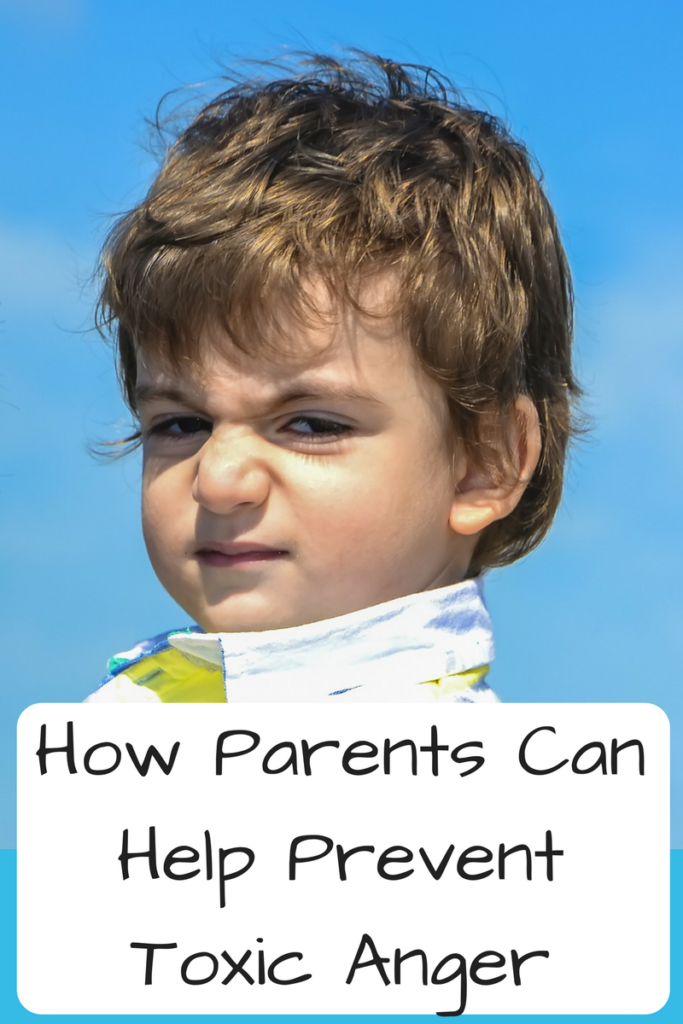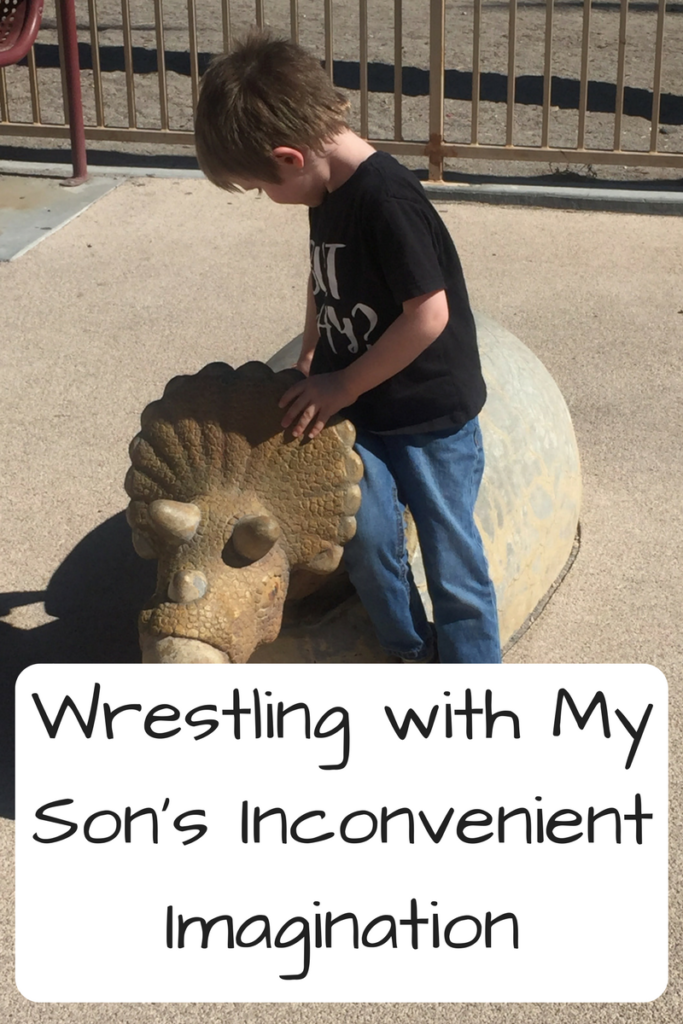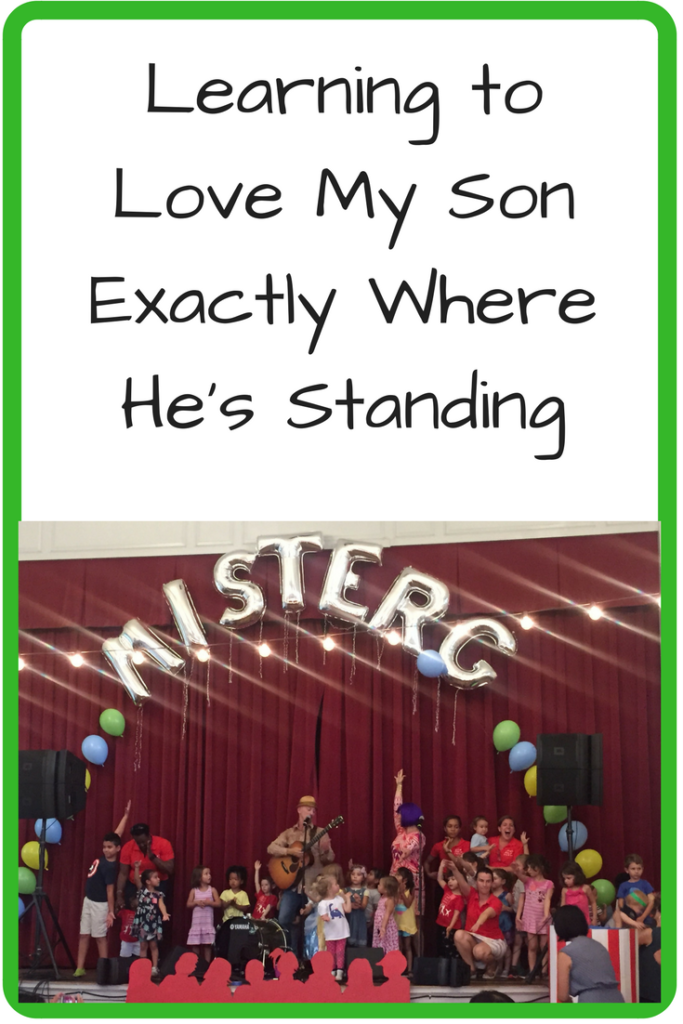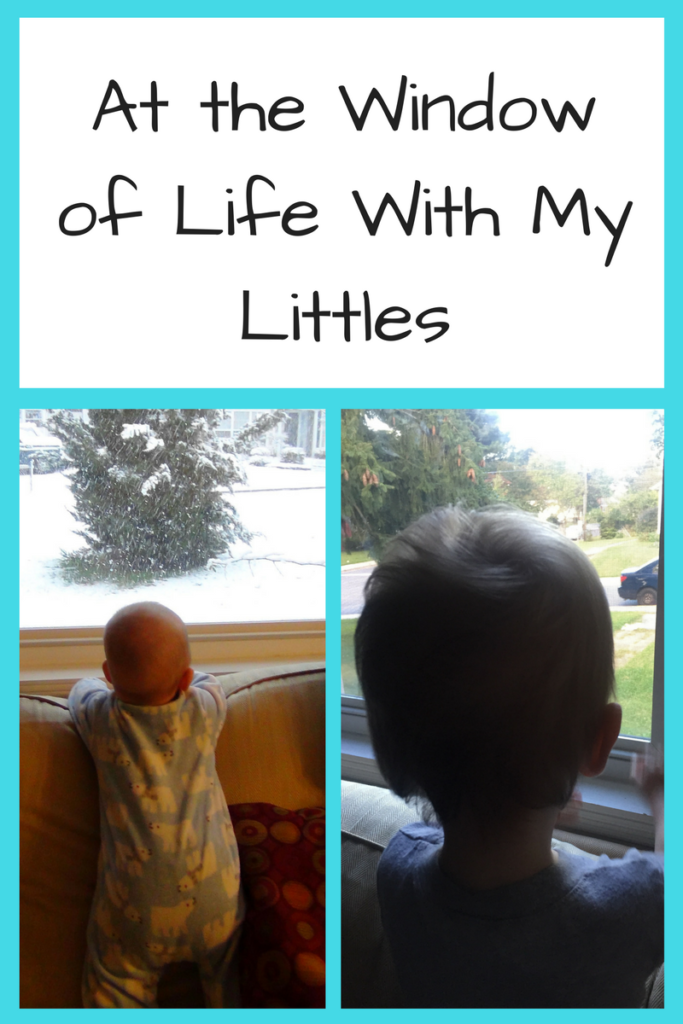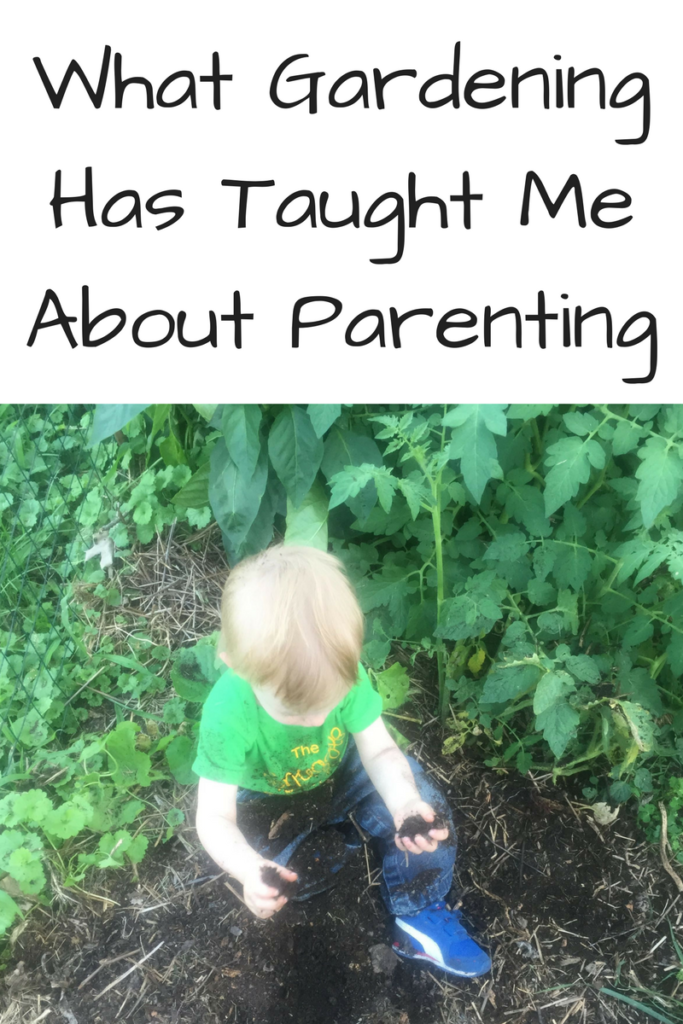Finding living with a stubborn kid challenging? Here are five benefits of having a strong-willed kid to keep in mind at the toughest of times!
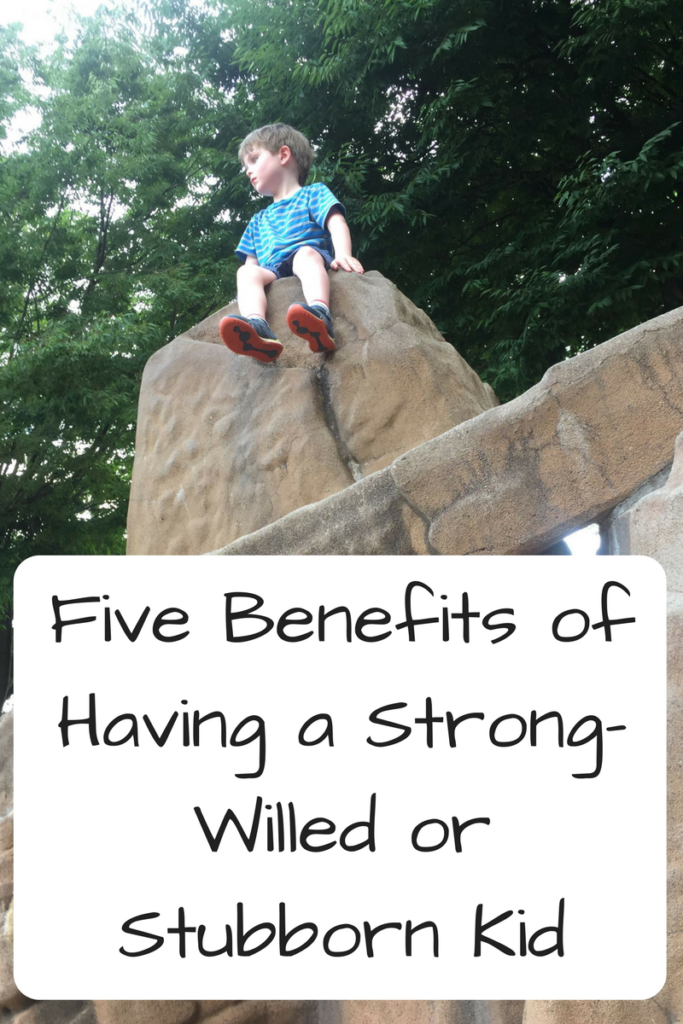
“Which set of pajamas do you want? The space ones or the biking alligators?” I asked my three-year-old.
“Nope,” he answered. Nope is the casual middle finger of answers. So much for offering choices.
“How about these?” I said, holding up a pair with bears on them.
“Nope,” he said, lounging with his hands behind his head on his bed like it was a pool floatie in Malibu.
After a few more choices, he finally acquiesced to wearing a pair. We don’t go through this particular back-and-forth every night, but it’s just one in his bag of tricks to delay bedtime.
My son – nicknamed Sprout – is one of those kids who doesn’t want to do anything that’s demanded of him. “Because I said so” is a foreign phase to him. He wants a good justification for every decision and preferably to feel like he came up with the idea himself.
Part of this is my fault, for better or worse. Our family practices positive parenting, which is largely focused on validating children’s feelings and perspectives while teaching them to do the same for others. And as a science writer and communicator, I love explaining our choices.
But some of it is just his personality. I’m pretty sure if we tried to be more authoritarian, he’d just dig his heels in harder. The times that I start to get bossy go downhill very quickly. Despite the fact that having a stubborn kid with a strong will is sometimes a pain in the butt, there are some definite advantages to it for our family.
Continue reading →
